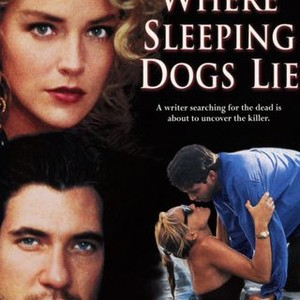
So “don’t let the bug bit” was often wishful thinking. No, mattresses back then were predominantly made from straw or animal hair (such as horsehair or wool).The mattresses were a hive of activity for little critters and mites, and often people would wake up having been devoured during the night by these tiny creatures. There was no memory foam, no pocket spring. This expression also dates back to the same period, the 16th century, when mattresses were a far cry from the mattresses of today.

So to say to someone “sleep tight” is to wish them a good and comfortable night’s sleep. The tighter the binding the better the quality of sleep, but the binding would often sag, causing an uncomfortable night’s sleep. These beds were made of wooden frames with a network of rope or leather strips that were bound together to form a criss cross structure that was used to support the mattress or bedding. Back in the 16th century, people were only just starting to sleep on beds that were raised above the floor. Bed have evolved to such an extent that we probably wouldn’t recognise early examples as the havens of comfort and rest that we associate with them today. But they do not sleep right through the night and while they might get good quality sleep, I am sure that there are countless mum out there who would dispute that “sleep like a baby” is synonymous with a good night’s sleep. Babies do indeed sleep, and sleep and sleep and sleep. This one is fairly self explanatory, yet also slightly contradictory. Knowing the meaning behind some of these expressions, or the route of them rather, will definitely score you points in a general knowledge quiz and will most certainly impress your friends. While some of the expressions are pretty obvious, take sleep like a baby as an example, others are a bit more obscure and surprising. We have done a little bit of digging around in the annals of history and have unearthed the etymology of some of these expressions. Some of them are actually about sleep, but some, like the expression “let sleeping dogs lie” aren’t.

There are so many expressions in our everyday vernacular that relate to sleep.


 0 kommentar(er)
0 kommentar(er)
